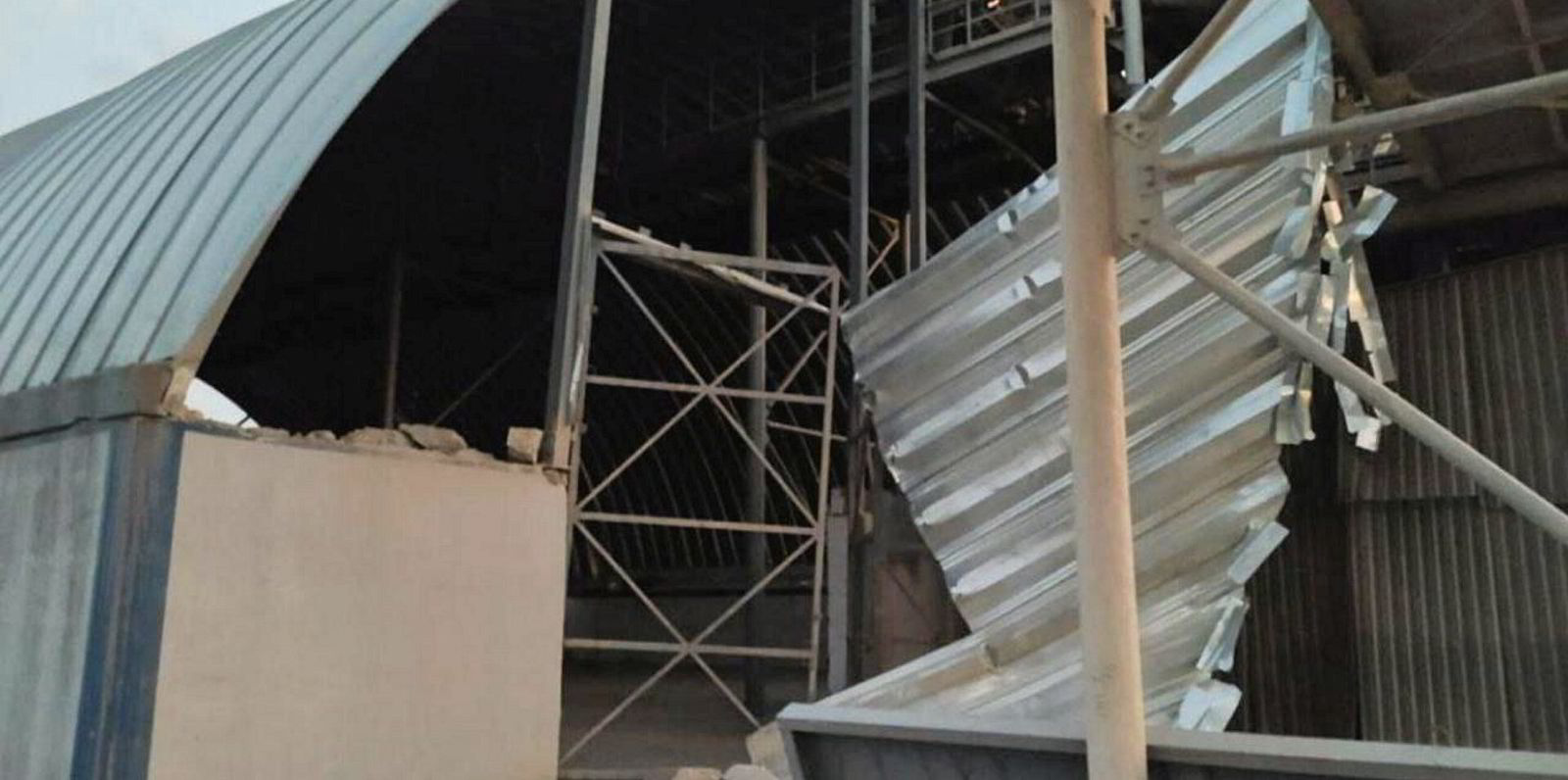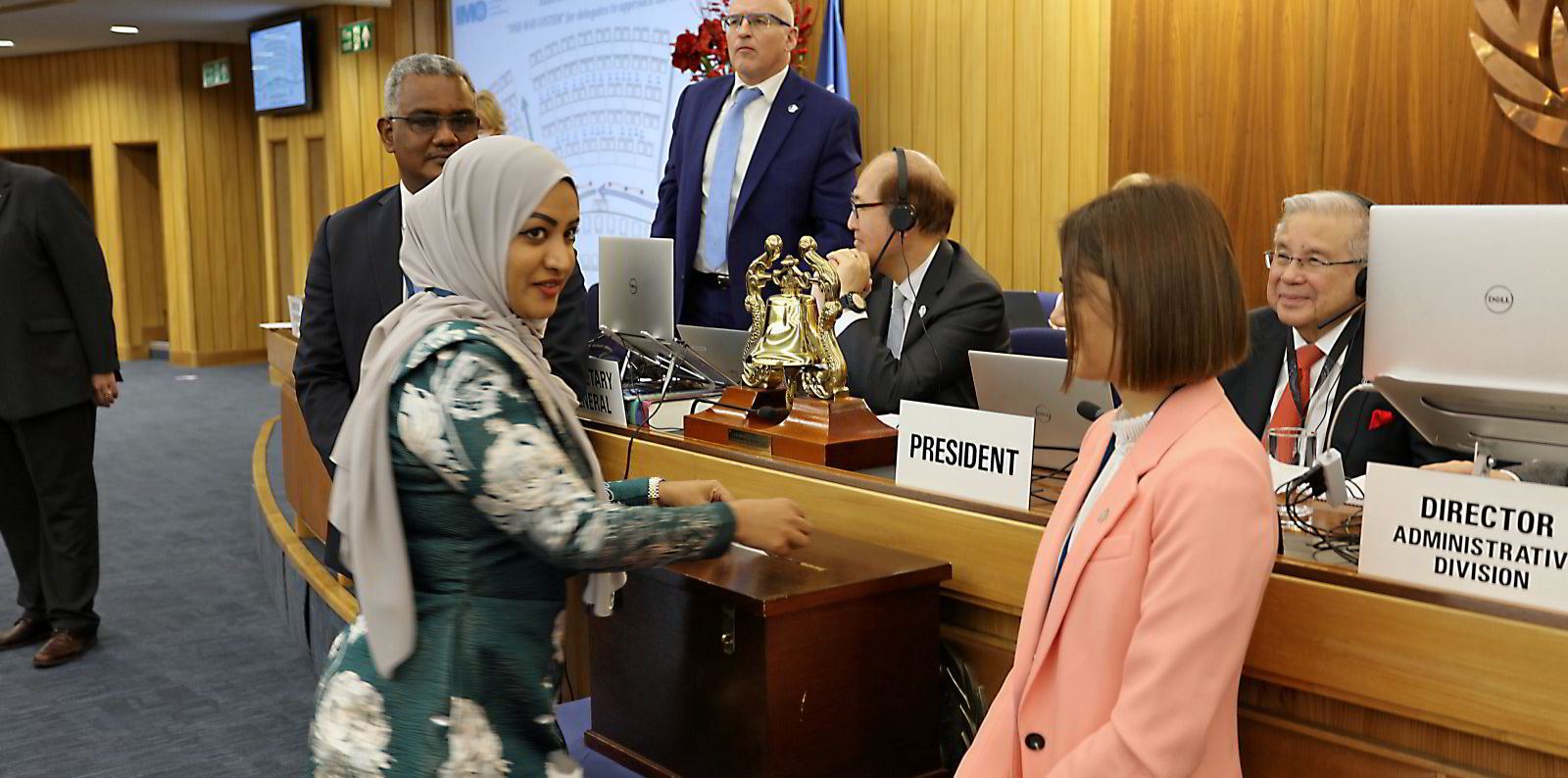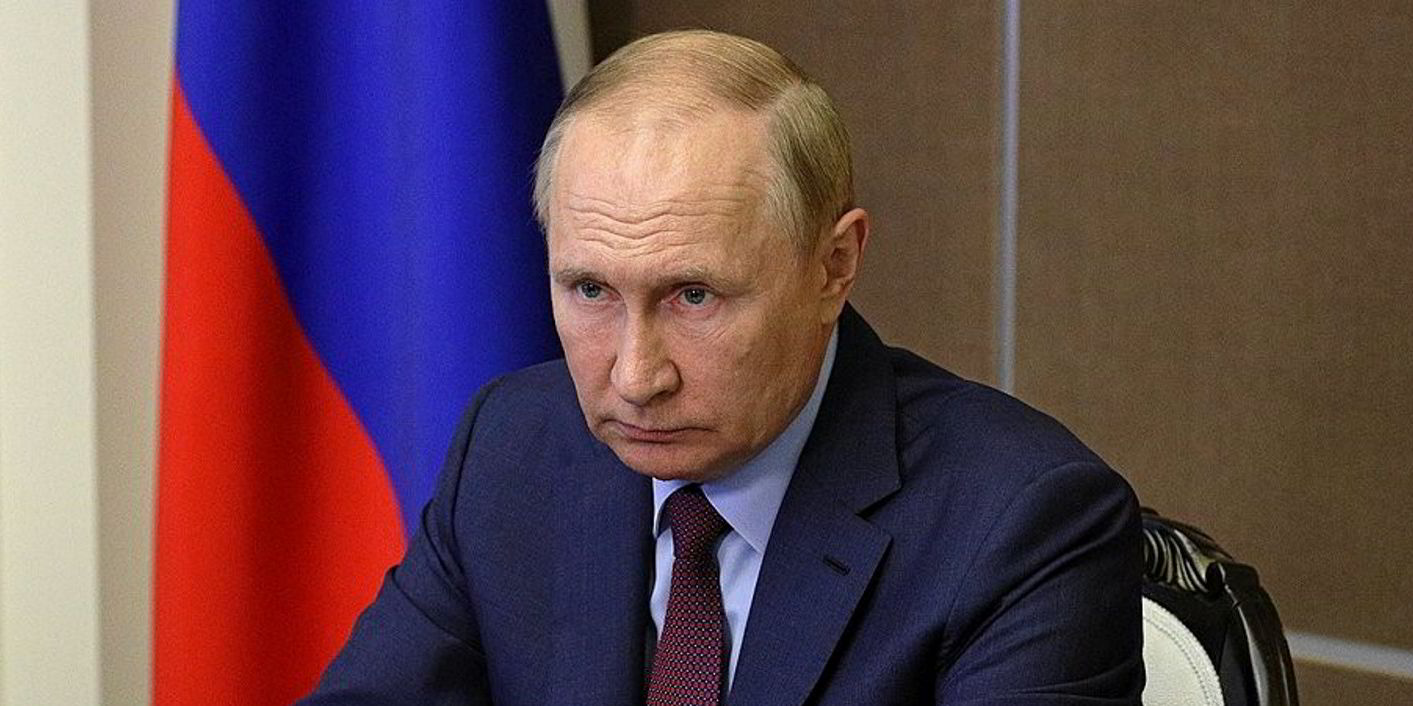Russia has accused a minor group of nations of hijacking the work of the International Maritime Organization as it battles for votes to join an essential decision-making body.
In a pitch to the IMO’s 175 member states, the Russian delegation said the global body is devoting more of its “precious time to political issues” outside its mandate.
The comments are made in an eight-page memo as Moscow seeks re-election to the IMO’s executive body, the council, in a vote in December. The council supervises the work of the IMO and monitors its work programme and budget.
Russia has been a council member since its inception 63 years ago. Still, observers say its position is in jeopardy because of its invasion of Ukraine and the impact on commercial shipping.
It has blocked grain from leaving Ukraine’s ports, attacked the country’s grain export infrastructure and warned that ships heading to Ukraine’s Black Sea ports could be considered potential military targets.
Russia is one of 11 nations vying for 10 spots on the council in the vote on 1 December as member states with the “largest interest in providing international shipping services”.
The last election in December 2021 was a formality, with just 10 candidates for the positions. Still, Liberia — one of the world’s largest flag states — has been encouraged to stand this time in a direct challenge to Russia’s position.
IMO watchers say 30 to 40 nations could snub Russia’s election bid owing to the war. That could result in China, Greece, Italy, Japan, Norway, Panama, South Korea, Liberia, the UK and the US taking the 10 slots in a snub to Moscow.
Another 30 nations will be elected from two other pools that qualify by having the most significant interests in seaborne trade, special maritime interests, or to ensure proper global representation.
Russia is not standing in either of those two pools.

Russia does not directly reference the war in its pitch but notes the “challenging times” at the IMO.
It said: “It is clear that due to the external pressure, the IMO started to move away from its equidistant and impartial role in international affairs to devote more of its precious time to political issues, lying mostly outside of its carefully drafted mandate.
“Evidently, [the] IMO is being used in the interests of a minor group of beneficiaries to the detriment of the majority of states.”
It added that the organisation’s principle of equal geographic representation has been undermined.
“The Russian Federation places an emphasis on the values of equal and fair participation in international affairs, multipolar world order and equitable treatment of all member states on the basis of international law and not the made up and ever-changing ‘rules-based’ order,” it said.
The pitch highlights Russia’s role in setting and enforcing environmental and safety rules. It also details its work on building shipping infrastructure on the 5,600-km (3,480-mile) Northern Sea Route in the Arctic.
It said the route is an “alternative transport corridor between Europe and Asia”. The corridor will expand rapidly as the polar ice melts and Russia pivots to eastern markets following a European embargo on its oil.
Amid concerns about the potential impact of a spill in the pristine region, the pitch said Russia is “consistent in carrying out the principles of safe and environmentally sound shipping” in the region.
Liberia has said it will fight “tooth and nail” for the seat, pointing to its role as a major flag state and financial contributor to the IMO.
Liberia said its pitch for a seat is based on “its long-standing history of dedicated involvement in international shipping, safety/security of life at sea, welfare of seafarers and marine pollution prevention”.
Read more
- First Greek shipowner uses new, Ukraine-protected grain corridor
- Russian GPS ‘jamming’ causing collision risk in Black Sea, Romania says
- Trade imbalance leads to growing numbers of empty containers stuck in Russia
- Two insanitary Cameroon ships banned by Paris MOU as another does a runner
- Hopes for quick lifting of Russian oil products ban are futile, says minister
- Ukraine grain insurance capacity grows despite Odesa attacks




